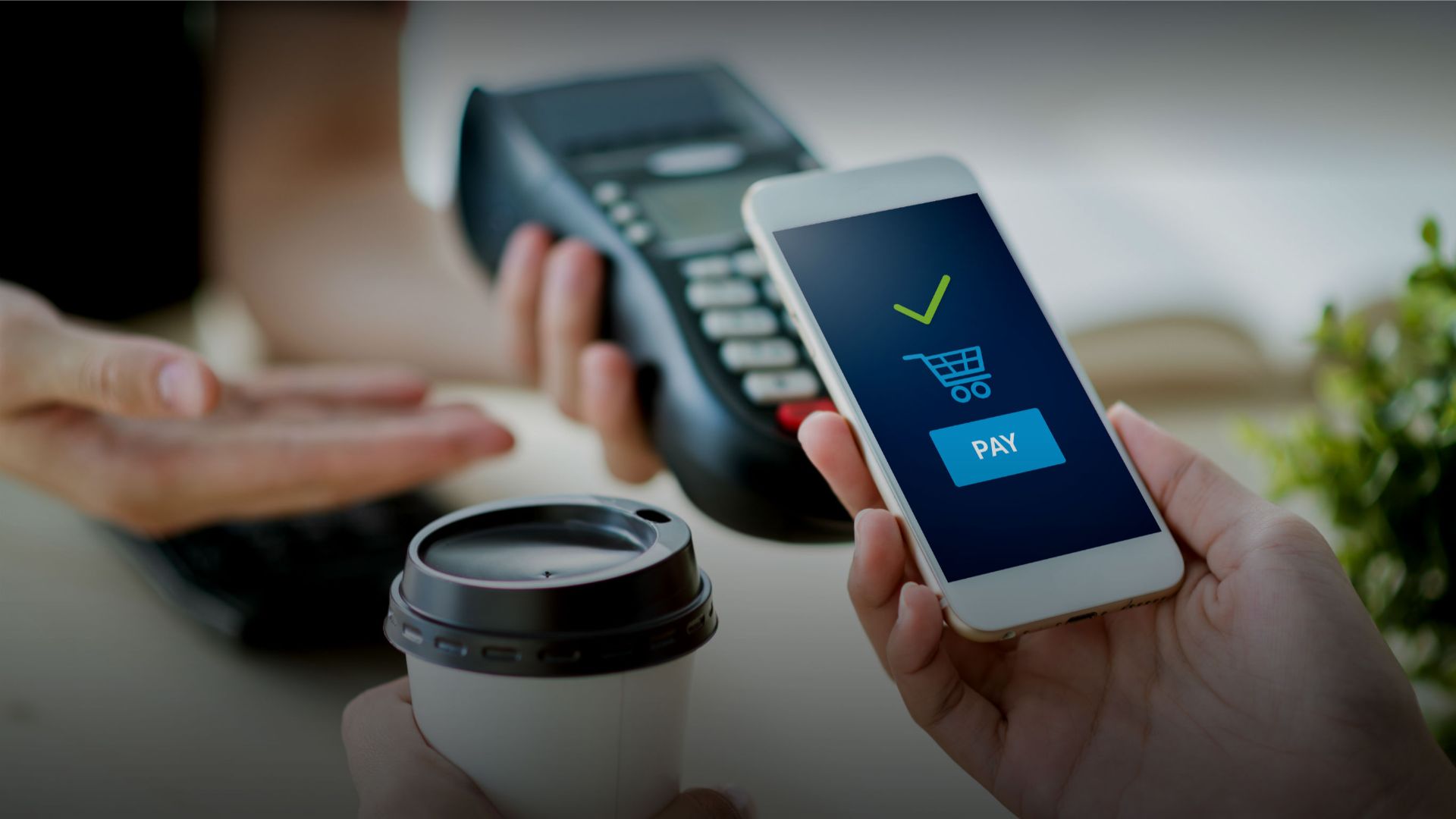You might have heard people say that business is all about relationships. There’s a lot of evidence to back that up.
Say there is a vendor, and one of their more valued customers and that customer pays their invoice fifty times in a row. The fifty-first time, there’s a little mix-up, and they don’t have the capital to pay on time. They need an extra couple of days. Because of the rapport between the two entities, the vendor is okay with that. This is how business relationships can help to keep companies afloat.

It’s also for these sorts of reasons that some vendors like to offer payment term discounts. In this article, we’ll talk about what those are and why vendors enjoy offering them as much as customers like to take advantage of them.
What is a payment term discount?
A payment term discount is a lower price than a vendor offers one of their customers if they pay their invoice earlier. When a vendor provides this:
- The vendor is content because they can get their money quicker.
- The customer is happy as they get their service or product at a lower rate.
Generally, a vendor won’t offer this discount type until they’ve gotten to know a client. If they feel like a client might grow into a long-term customer, they mention this type of discount to keep them coming back.
This way, it’s less likely they’ll go through a competing supplier.
Some companies use AP automation software to keep track of the payment term discounts they offer clients.
Why do customers like early payment discounts?
Several reasons exist why customers love the early payment discount structure. Early payment discounts:
- Show a customer that their vendor appreciates them.
- Allows them to save significant money over time.
It goes back to business relationships being a bedrock for continued success. If a customer keeps paying early and keeps saving money, they’ll realize the vendor is saving them serious cash at the end of the fiscal year.
Beyond that, if a customer gets raw materials through multiple companies, and each one of those companies gives them early payment discounts, that’s fantastic for them. They can add new locations or market themselves more aggressively with the money they save.
Customers can build up their business’s credit score this way.
A vendor has the option to leave a note on a customer’s business credit report that other vendors can see. If it’s a positive note, that can help a business immeasurably if it wants to expand.
Why do vendors like early payment discounts?
One reason why vendors like early payment options is that they’ll get their money sooner. They might get less money than they otherwise would, but it’s worth it for the customer loyalty they are encouraging. They can use that cash for their pressing payroll needs and daily expenses.
They also reduce cash flow gaps in this way and increase their working capital.
A supplier wants as little lag time as possible between invoicing a customer and that client paying them.
With a more rapid working cash flow, a supplier can expand and get more aggressive within their market, even as their customers do as well.
One final reason why vendors like to make these offers is that they can reduce late payment or nonpayment risks. They know that if a customer does not pay on time, they won’t get that discount, and every client will want to spend less money for a service or product if they possibly can. That’s just simple economics.
No vendor wants to chase down customers for payment, and incentivizing early payments is one of the most efficient ways of avoiding that. Customer delinquency drops considerably if this option is on the table.
Customers and vendors are in a symbiotic relationship. Each one wants things to roll along smoothly so that each can make as much money as possible and expand if they decide to do so.
Early payment discounts are far from the only ways vendors can coax clients into long-term relationships, but it’s one of the more dependable ones. If one vendor offers this and another does not, regardless of how long a customer buys from them, it’s obvious which choice a client will probably make.
The longer vendors and clients are in business together, the more they typically trust each other. It’s not unusual to have vendor-client relationships that can go on for decades in the right circumstances.
Leave a Reply